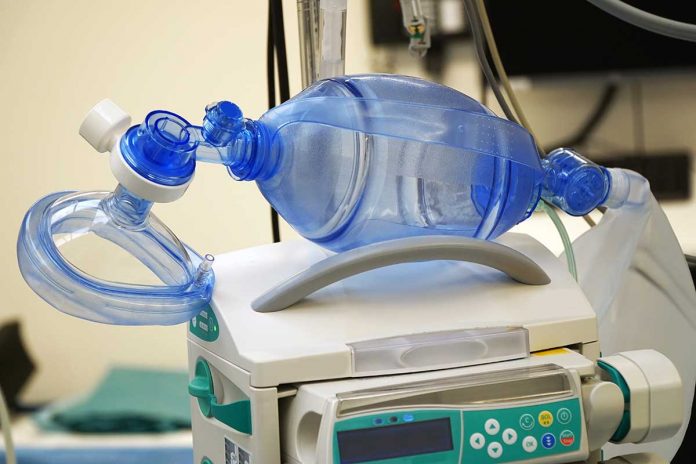Mandate of Incident Management System Long-Term Care Table Extended
TORONTO — To further protect seniors and staff in long-term care homes, the Ontario government announced today that it is extending the mandate of the Incident Management System Long-Term Care Table. This table is composed of health care professionals who make immediate decisions to deal with issues related to staffing levels, infection management and resources during the COVID-19 outbreak.
“As Premier, it’s my job to push the system. Fixing what we inherited starts with strong leadership through this crisis and beyond to protect and care for our long-term care residents,” said Premier Ford. “Today’s announcement demonstrates that we are making progress in fighting this terrible virus in our long-term care homes and we will continue to do everything in our power to fortify the iron ring of protection around our most vulnerable seniors.”
In April, an Incident Management System (IMS) structure was established to coordinate operational support to long-term care homes. The IMS table meets daily to organize efforts across multiple providers and government to make rapid decisions that support long-term care homes in need. Homes identified for support are those struggling to control outbreaks, complete infection prevention and control assessments, ensure appropriate staffing levels, have access to personal protective equipment (PPE), and complete the testing of all long-term care home residents and staff.
“The Incident Management System Long-Term Care Table has been able to drive immediate decisions and resource deployment for urgent issues facing the sector, at a time when clear direction and communication is critical.” said Minister Fullerton. “I am incredibly grateful to know the government and our long-term care homes can continue to rely on their steady leadership and health system expertise.”
Under IMS leadership, Ontario has seen the following improvements to long-term care homes affected by COVID-19 outbreaks:
- Since May 1, increased the number of low-risk green homes from 356 to 547 homes, representing 87.4% of all long-term care homes.
- Since May 1, reduced the number of high-risk red homes from 35 to 19, a 54.3% improvement.
- As of May 27, 37 hospitals had deployed teams into 59 yellow homes and 19 red homes.
- Completed testing of long-term care resident and staff, with a second round of testing already underway.
- Number of COVID-19 positive tests in long-term care homes decreased from 12.5% to 7.5%.
- As of May 28, 129 out of 626 long-term care homes are in active outbreak, from a high of 190 on May 18.
- 164 outbreaks have been resolved.
The IMS table also facilitated assistance from the Canadian Armed Forces into five homes and deployed 150 hospital teams to support staff in other long-term care homes. Under their leadership, standard infection prevention and control guidelines were issued to all homes and a regular data reporting structure was set in place for long-term care home assessment and testing.
Leadership of the IMS includes:
- Deputy Minister Richard Steele, Ministry of Long-Term Care
- Deputy Minister Helen Angus, Ministry of Health
- Dr. Kevin Smith, President and CEO, University Health Network
- Matthew Anderson, President and CEO, Ontario Health
- Michelle DiEmanuele, President and CEO, Trillium Health Partners
- Dr. Jack Kitts, President and CEO, The Ottawa Hospital
- James Schlegel, President and CEO, Schlegel Health Care
- Dr. Tom Stewart, President and CEO, St. Joseph’s Health System, and CEO, Niagara Health
- Dr. David Williams, Chief Medical Officer of Ontario
- Dr. Dirk Huyer, Chief Coroner of Ontario





